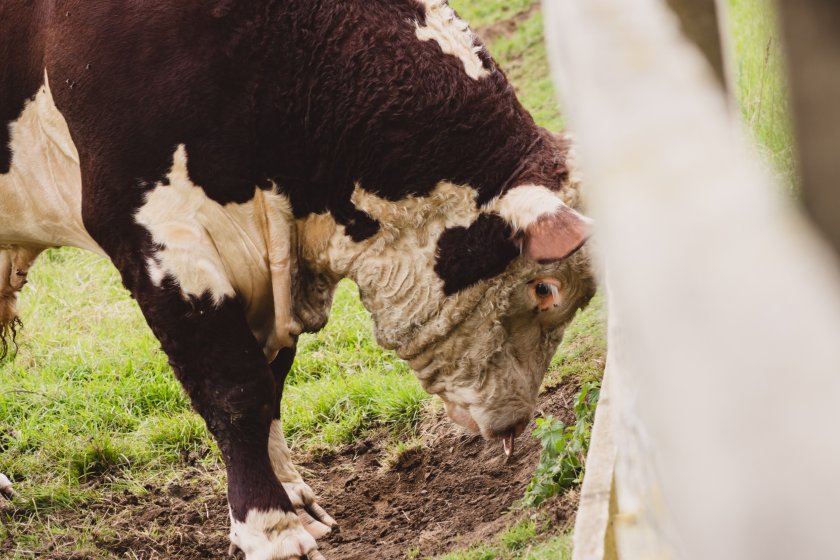The federal government has revoked Norfolk’s short-term management zone (TCZ) and changed it with a bigger one as circumstances of bluetongue proceed to be confirmed.
The 10km TCZ close to Cantley, Broadland has been widened to kind a brand new, bigger TCZ, because the county noticed but extra circumstances of the virus over the weekend.
There have now been 62 bluetongue circumstances in Norfolk and Kent on 38 farms and holdings, in keeping with the most recent figures printed by Defra.
Each counties are nonetheless in a short lived management zone (TCZ) for the reason that preliminary outbreak of bluetongue in mid-November, which was the UK’s first case since 2007.
Bluetongue is a non-contagious, viral illness affecting sheep and cattle, which is transmitted by bugs, notably biting midges.
The severity of illness varies amongst totally different species, with medical indicators being most extreme in sheep, leading to loss of life, weight reduction and disruption in wool development.
Cattle usually have a better an infection price than sheep, and the demonstration and severity of medical indicators varies relying on the pressure of virus.
Nevertheless, manufacturing losses, notably milk yield, can stay for a very long time and are important. Contaminated animals can abort or give delivery to weak offspring.
Defra’s newest replace stated that surveillance was ongoing, including that “there’s nonetheless no proof that bluetongue virus is at present circulating in midges in Nice Britain.”
“Following lively surveillance of premises within the Norfolk TCZ, two additional circumstances of bluetongue have been confirmed in cattle on a holding close to Norwich,” Defra stated.
“As these two animals have been grazing on land simply outdoors of the TCZ throughout the high-risk interval, the TCZ has been prolonged.”
The bluetongue virus is often transmitted by midge bites and impacts cows, goats, sheep and different camelids similar to llamas.
Midges are most lively between April and November and never all inclined animals present instant, or any, indicators of contracting the virus.
Christine Middlemiss, the UK’s chief veterinary officer, has urged farmers to stay vigilant for bluetongue virus following the most recent information.
“Bluetongue doesn’t pose a menace to human well being or meals security, however the illness can impression livestock farms, and trigger productiveness points,” she stated.
“This detection is an instance of our sturdy illness surveillance procedures in motion and additionally it is a transparent reminder for farmers that the illness stays a menace, regardless of coming in direction of the tip of the midge exercise season.
“Farmers should stay vigilant and report any suspicions to APHA.”
Farmers can name the devoted bluetongue hotline to get recommendation or ask questions linked to the present state of affairs – on 024 7771 0386 from 9am to 5pm, Monday to Friday.




